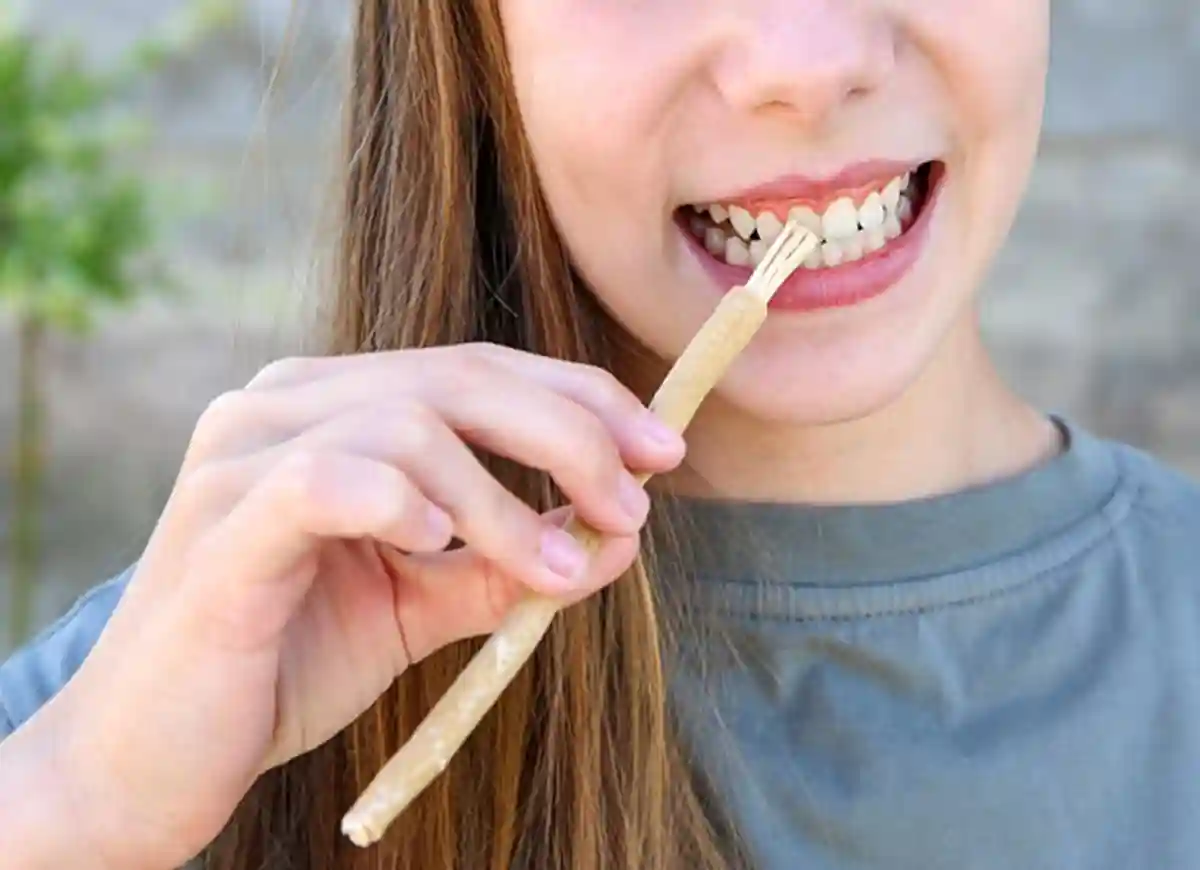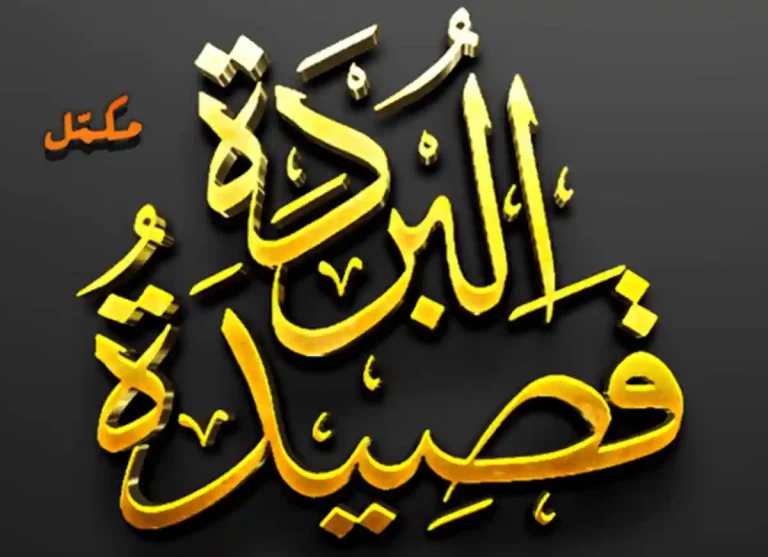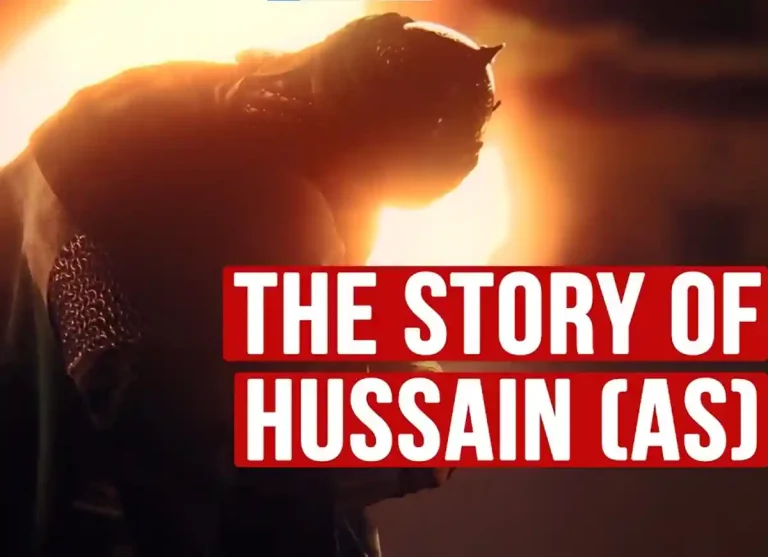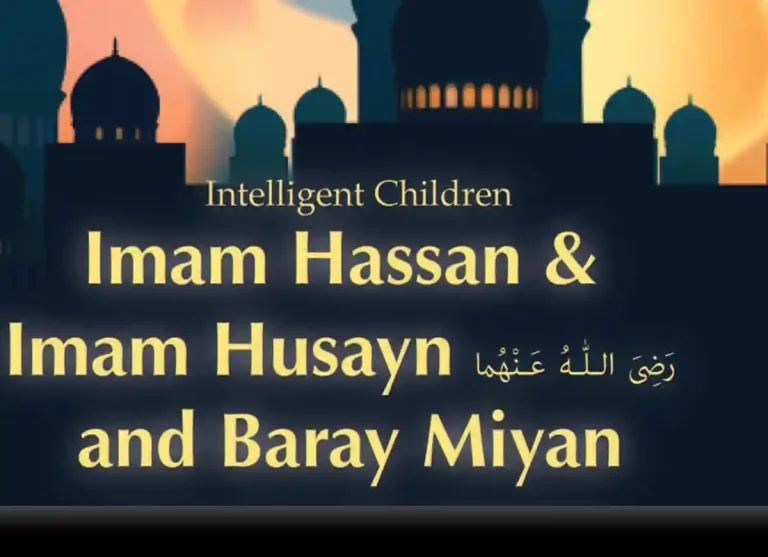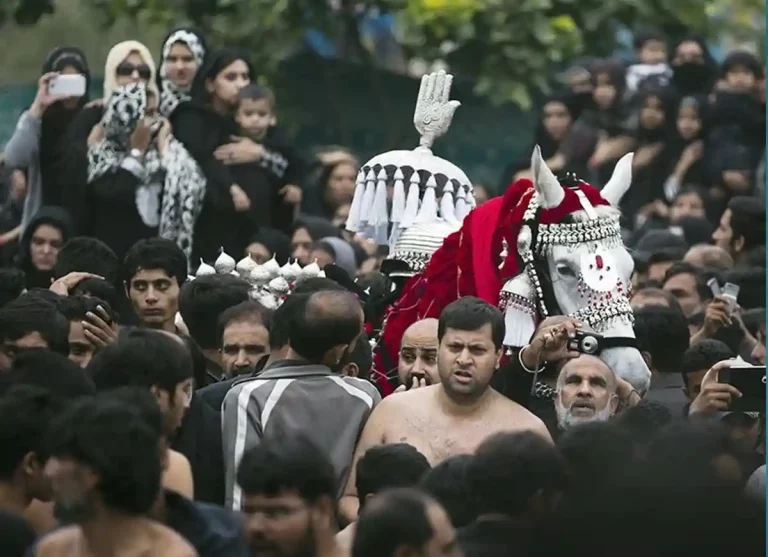The Prophet prayed miswak (Dental Health) before every prayer, and science suggests that we follow his lead.
Miswak offers a variety of advantages, like not needing water, toothpaste, or a separate location to use it.
Dental health issues can lead to bad breath and many other ailments.
“Good dental health is more than the absence of disease or tooth decay in your mouth,” says David Kennedy, DDS and the author of How to Keep Your Teeth (Kennedy, pg.3).
“It is an essential element of your overall health. People with exceptionally healthy bodies typically possess well-maintained dental health and the gums.” Dental health is a gift from Allah. It is believed that “If the eyes are a window to the soul, then the mouth is the doorway to the body” (Stay, p.5).
Teeth play a crucial role in digestion. They play a crucial role in helping people talk and maintaining facial structure. If there were no teeth, they would not be able to speak clearly or even comprehend anything. Without teeth, you’d be forced to swallow your food without being capable of chewing it, and this is harmful to your digestive tract.
But, despite their vital duties, teeth are often the most neglected part of our body. However, maintaining your teeth need not be a hassle. Unprocessed foods and avoiding away from sweets with sugar are the most essential steps to maintaining healthy dental health.
Dental decay, or caries, is the most frequent dental disease. When people consume a lot of processed food or sweets and then ignore them or simply do not want to clean their teeth afterward, it can easily cause preventable decay of teeth.
Tiny pieces of food stick on the teeth’s surface and between them while chewing. The presence of these pieces for an extended period causes the food to become rotten, which invites bacteria to form in the teeth. Many people only realize the harm happening once their tooth has already decayed and has to be removed by the dentist.
Additionally, poor dental hygiene also causes bad breath and numerous other ailments, such as periodontal disease, malocclusion, or perhaps oral cancer.
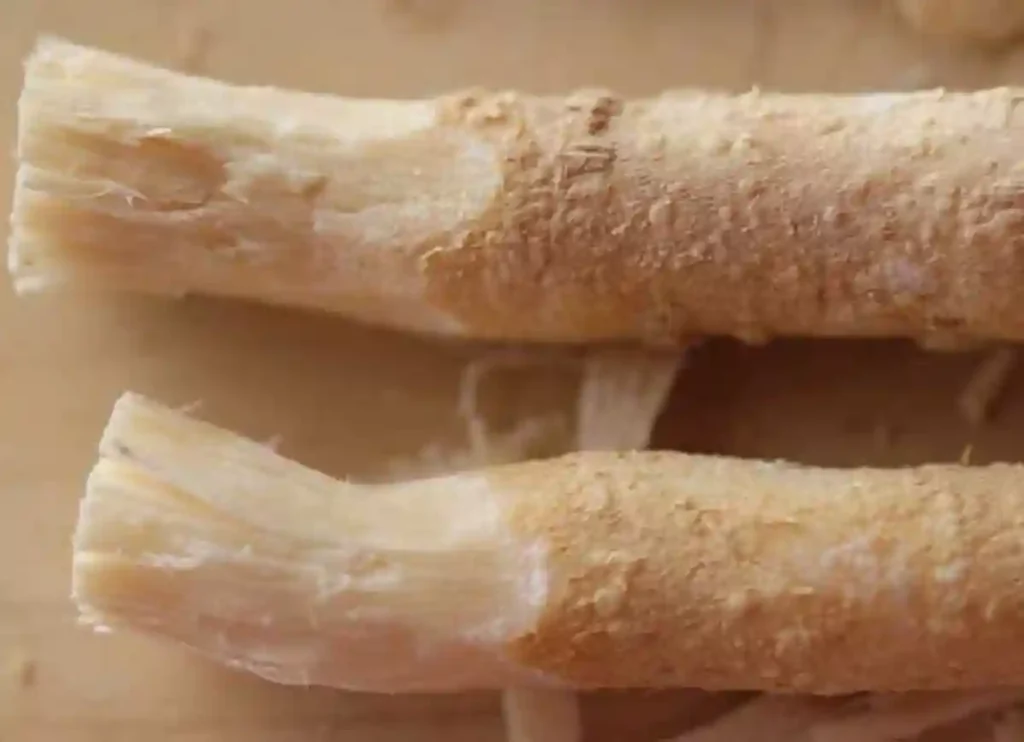
Cleaning Teeth
David Kennedy documents that the adverse effects of sweet diets were discovered from 1938 onwards. In many industrialized nations, dental decay is less frequent due to increased awareness and a greater focus on dental health. In developing areas of the world, once there were many who did not suffer from dental decay, it’s becoming more prevalent (Kennedy Page. 10).
According to research, the individuals with the most beautiful teeth are not the ones with the best Sonic toothbrushes but people who brush their teeth often and at the end of every meal and snack. Many traditional cultures and nations in the developing world needed to be the technology needed to build dental machines. However, there were always methods of keeping them clean.
American Indians used fresh bark from the prickly Ash tree to cleanse their teeth. The sap of this tree eliminates bacteria. Mojave Desert Indians used twigs from the creosote bush. Rural village dwellers in India made use of the Neem tree.
Suggested Read: What is Sufism
Muslims make use of what is known as the miswak. A miswak, also known as a siwak, is a small stick used to ensure that the teeth are scrubbed and cleaned. The tip is made into a brush using chewing or gnashing that helps to break up the fibers and unleash the healing powers of the twig. One of the advantages of miswak is that it doesn’t require toothpaste, water, or any other special place to use it. Additionally, it can be carried inside a pocket or purse.
It’s also biodegradable and disposable. Consequently, it is the most environmentally friendly toothbrush. Some even say it functions more effectively than a regular toothbrush.
However, the most compelling reason to utilize miswak miswak is that the miswak has been declared Sunnah for its use.
It’s just hard to imagine speaking with Allah (through prayer) when you have filthy teeth and bad breath, as it is talking to a friend when you have bad breath or stained teeth.
According to studies, the routine cleaning of teeth, in conjunction with an appropriate diet, distinguishes between healthy teeth and those with a foul odor.
Cleaning your teeth is just as important Islamically and medically. It’s hard to imagine speaking in front of Allah (through prayer) when you have unclean teeth and bad breath as it is communicating with an acquaintance while suffering from dental odor and bad breath.
Muhammad himself (saws) utilized mistakes. miswak before every prayer (Sahih Muslim, Vol.1). Modern science suggests that we’d be wise to follow the Prophet’s example.


